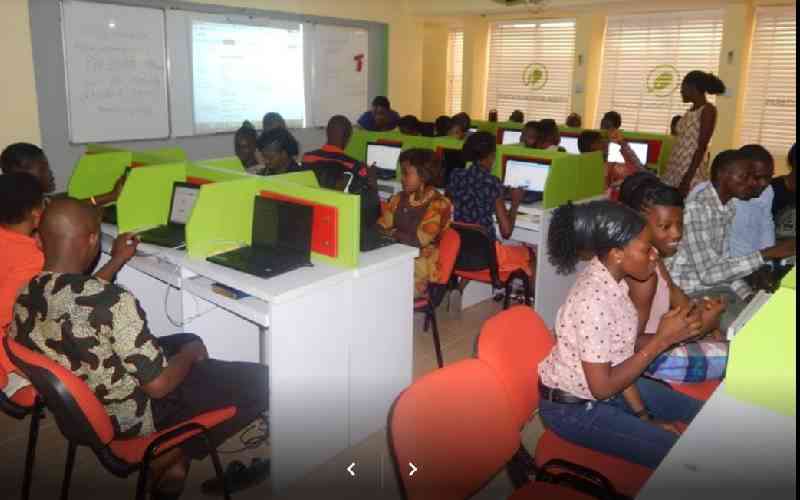×
The Standard e-Paper
Stay Informed, Even Offline

Kenya will next year host the 10th Edition of the Digital Rights and Inclusion Forum (DRIF).
The forum, whose theme is 'Building A Sustainable Internet for All' will take place in Nairobi between April 11 and 13, 2023.